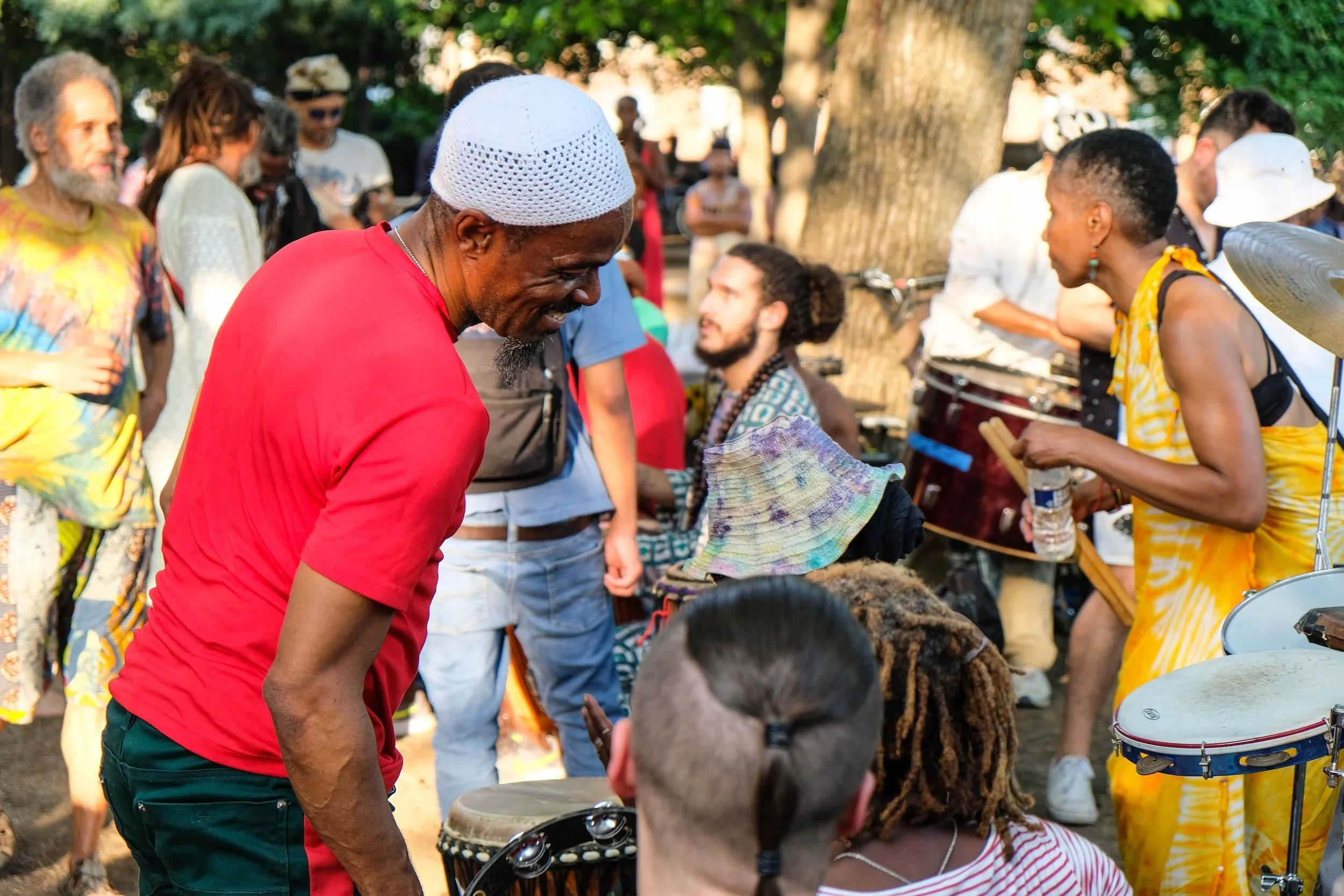
Countering Ageism and Social Exclusion
An Intergenerational Strategic Framework
As part of our interracial, transcultural and intergenerational initiative, we are building a comprehensive strategic framework to effectively address social exclusion and develop an intergenerational approach to countering age discrimination.
Exclusion – in its broadest sense – undermines our safety, security, and wellbeing and, indeed, may explain our global failure in the face of the pandemic. Exclusion, based on race, age, gender, sexual orientation, ethnicity, faith, or physical and mental (dis)abilities, represents one of the great challenges of 21st century.
Collaborating through engaged scholarship (i.e., integrating education with community development) adds value as academics and practitioners share knowledge and practices to shape scalable models for social innovation based on experimentation, iteration and translational research.
All evidence indicates that age discrimination is a rampant, yet it often goes unchallenged and undetected. More than 9 in 10 older workers (45+) see age discrimination as somewhat or very common (AARP). The very process of ageing is a universal characteristic. We all experience it. Having such a common bond ought to unite us, rather than divide and exclude. An intergeneration approach can help to challenge age stereotypes and build solidarity.
Pathways to Countering Ageism
To ignite innovative practices, we endeavor to:
Leverage the social, cultural and intellectual capital of educators, advocates and community members with a commitment to ending social exclusion:
Integrate the wellbeing of older persons into human rights and social equity frameworks
Identify red flags that alert us to the pressing issues in age discrimination, exclusion, isolation and mistreatment
Convene a series of working group sessions composed of legal professionals, social and cognitive scientists, investigative journalists and a wide range of community stakeholders
Explore the creation of a legal action fund to counter age discrimination
Build a platform to expand audiences and harness the institutional capacities of organizations that endorse S.485, The Protecting Older Workers Against Discrimination Act (POWADA), such as AARP, the National Employment Lawyers Association, National Partnership for Women and Families, National Lawyers Law Project as well as law firms, NGOs, advocates, academic institutions, and technology companies.
Develop strategies to support a UN Convention on the Rights of Older Persons and design practical ways to effectively implement protocols on the ground
Build partnerships to effectively connect to emerging technology solutions designed to meet the needs of the world’s aging population
Analyze the social, economic, cognitive, physical and institutional barriers to inclusion
Conduct research for countering age discrimination based on Participatory Action Research (PAR)
Investigate intersectional connections and “novel” opportunities for public education about exclusion, age discrimination, and social and racial justice
Identify and pursue cases of age discrimination that align with our innovation process
Identify and promote intergenerational models that can be scaled up, particularly international examples
Create opportunities for intergenerational collaboration through intergenerational technology centers
Compile an oral history library of inter-racial, intercultural and inter-generational stories to promote social inclusion
Produce and distribute case studies, educational resources and campaigns to address stereotypes, misconceptions and myths to counter ageism
Build on existing best practices of Ageing in Community through the power of storytelling and autobiographical memory, and document a collection of inspiring stories and methods for overcoming barriers that can be used in educational campaigns
